Feature image courtesy of Peppy Castro. Not to be used without explicit consent.
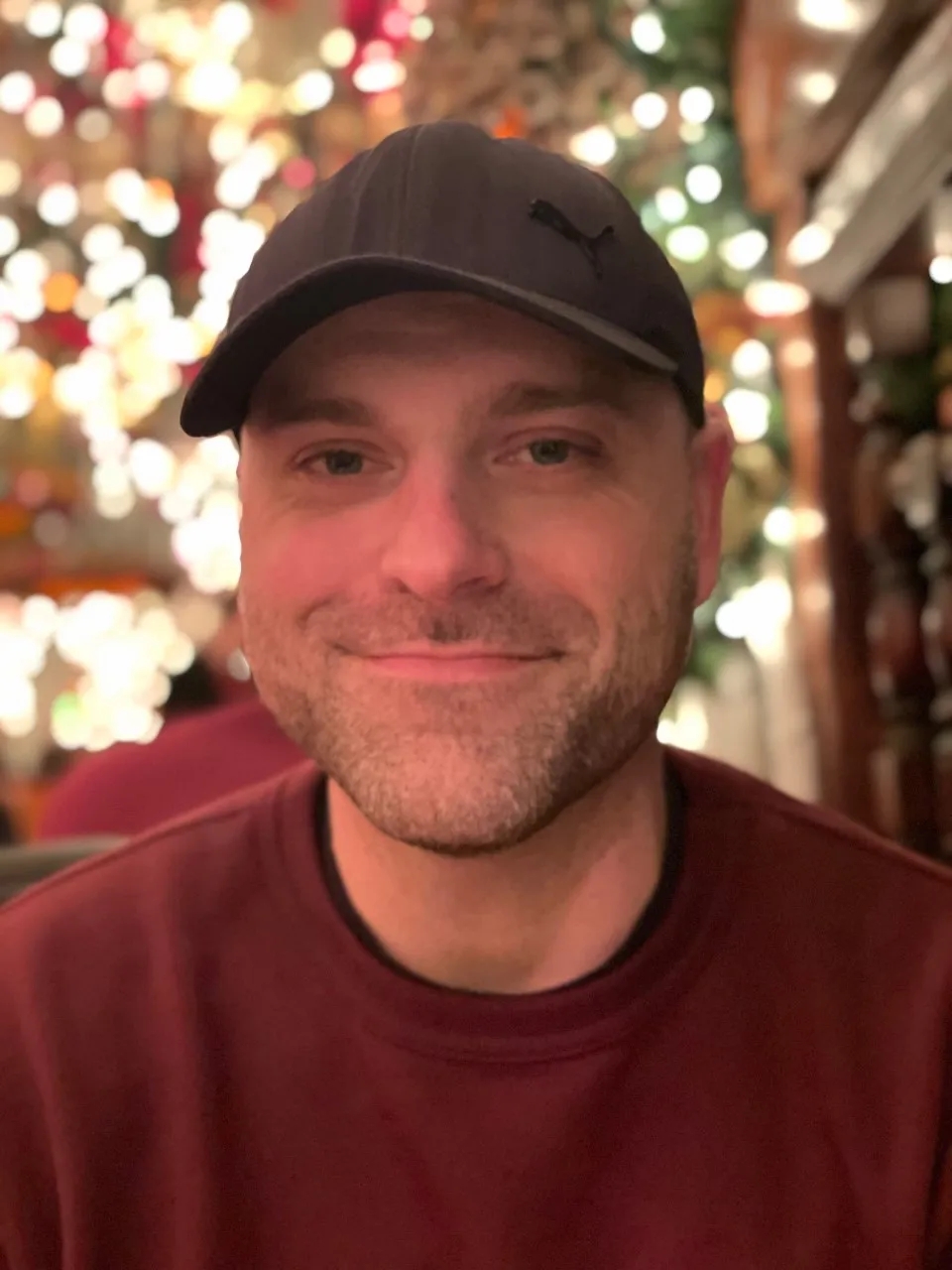
By Andrew Daly
andrew@vinylwriter.com
Peppy Castro’s journey to the epicenter of rock music began from humble origins in the Bronx, NY, as a teenager with stars in his eyes, and a biting desire to succeed beyond all presumed expectations.
It wasn’t long before the upstart Castro and his cohorts formed The Trenchcoats, which soon gave way to seminal psychedelic garage rock pioneers, The Blues Magoos, whose hit single, “We Aint’ Got (Nothin’ Yet,” proved to be nothing short of tidal.
While Psychedelic Lollipop (1966) and Electric Comicbook (1967) proved to be successful, if not seminal, that triumph was short-lived, and by the end of the 1960s, The Blues Magoos were no more, and Castro was left to move forward with his next venture.
Moving through the 70s, Castro formed another well-respected cult act in Barnaby Bye, and eventually, by chance, the six-stringer happened upon KISS co-frontman Paul Stanley, a meeting which prove fruitful, as Castro not only guested on the titular Starchild’s 1978 solo affair, but also rekindled his relationship with fellow NYC native, and virtuoso guitarist, Bob Kulick.
With Kulick in tow, Castro, along with drummer Chuck Burgi, keyboardist Doug Katsaros, and bassist Dennis Feldman formed Balance, a (once again) cult band, who took the AOR worked by storm with its top-forty hit, “Breaking Away.” Sadly, continued chart success would evade Castro and company, and after two outstanding efforts, Balance would quietly fade away in 1982.
These days, Castro is still vibrant, and vital. The iconic guitarist and bassist continues to lend his talents to various recordings, including his old Bronx-bred buddy, Ace Frehley’s upcoming album. Aside from that, Castro is mostly spending his latter days closing the loop with The Blues Magoos, while continuing his work through his other creative outlet, theater.
Castro recently took the time with me to run through his origins as a Bronx native, his longtime friendship with Ace Frehley, the history of The Blues Magoos, Barnaby Bye, Balance, and a whole lot more.
Andrew:
Peppy, thank you for taking the time to dig in with us. I understand you’re working with Ace Frehley, with who you have a long history, on his upcoming solo record. What can you tell us about the ongoing sessions?
Peppy:
My pleasure Andrew. This is a full-circle moment for me. As I age, I have added a wish list of things I would like to do now that I am like a rock elder statesman. Ace has been on my shortlist for a few years now, but because of COVID, most things basically shut down. The day-to-day of working with Ace is very focused, slow, and steady. We are jamming some and going through lots of material to see what feels good to explore.
Andrew:
Going way back, how did you and Ace first meet? What were your early impressions? As I understand it, you played a large role in his development as a guitarist.
Peppy:
Well, I remember meeting Ace way before he started playing guitar, and even before I started playing guitar. We were street kids and I was just a few years older. My pivotal role with Ace is that I had the number three hit record in the country by the time I was seventeen years old with The Blues Magoos, and that blew Ace’s mind. The idea that a kid from the neighborhood became a top-ten recording artist and a rockstar were hard to fathom. So, Ace sought me out, and he got in touch with me through my mom by asking me to call him when I came back to New York.
Andrew:
In what ways that fans may recognize do you feel that your style most influenced Ace’s?
Peppy:
Well, picking up that story where I left off, now I was a recognizable rockstar, and I did get in touch with Ace. I met with him up in our old neighborhood and he was just starting to play guitar. I gave him a few lessons and some shortcuts to advance his knowledge of learning chords. My hit single, “We Ain’t Got Nothing Yet,“ was a ground-breaking song that every guitar player on earth wanted to play! Ace, in later years, would take the guitar solo and splice it into a KISS song, “Love Gun.” My focus has always been as a musician and singer-songwriter, so it was my inspiration more than anything that changed Ace’s life. You can be the greatest guitarist on earth, but if you don’t have that drive and ambition, you will only ever sit by yourself and play guitar. I provided that inspiration for Ace, but he had that drive and ambition inherently.

Andrew:
In those early days, did you have any idea that Ace would blossom in the way that he did? Did the two of you ever consider forming a band?
Peppy:
No. I had no clue. I was off being a teenage rock star with blinders on. Ace was just starting out. However, Bill Aucoin was a friend, and as I started to see KISS forming with him, I knew they were going to be huge.
Andrew:
Let’s go back now, from a young age, what was the moment which first sparked your interest in the guitar?
Peppy:
I was thirteen and got talked into doing a church play. I was supposed to be one of the Kingston Trio, who was a popular folk group and mime playing guitar. I loved to sing and felt silly standing up there pretending to play guitar. [Laughs]. As luck would have it, one guy actually knew how to play some guitar, so I asked him, “Would you teach me how to play the song, so I don’t have to pretend?” I went over to his house after school, and he showed me my first guitar chord, which was an E-minor. The minute I played that guitar chord, it was like a zipper opened up in the sky, I realized I could be two people. I could be the singer and I could be the guy who plays the song at the same time. This forever changed my life. I had no other dream or focus other than to learn how to play guitar. Everything else fell by the wayside. Even going to school. That was my “aha moment,” and the beginning of my musical career.
Andrew:
You were a founding member of the seminal psychedelic rock outfit, the Blues Magoos. Take me through the formation and early days of that band.
Peppy:
The Blues Magoos were called The Trenchcoats before we became the Blues Magoos. The band was started in the Bronx. I met Ron Gilbert and Ralph Scala at an Italian feast. I was probably all of thirteen or fourteen years old. They were playing at this feast, and they were definitely emulating the British Invasion, which was in its infancy. I approached them to talk to them when they were done playing, and they asked me, “Do you play?” … “Yes, I playing guitar.” Now, I hadn’t been playing long and they were looking for another guitar player to be a rhythm guitar player in their band. So we set up a meeting at a guy’s house who was their guitar player, his name was Dennis Lepore. They all decided to let me in the band, and I learned more guitar from Dennis and there I was in my first band.
I started to grow my hair long, and wear boots, and I quickly found out that it could be rather dangerous because nobody in those days was walking around New York with long hair and boots. Actually, the first place we ever played was a Catholic church dance. What we didn’t know was that there was a bunch of young guys at the dance who were called The Undertaker‘s, they were a weightlifting club, and thought we were just a bunch of sissies. We actually had to get a police escort out of the place. Welcome to rock ‘n’ roll. [Laughs].
So school wasn’t for me and I had a passion. Most guys in the school wanted to beat me up because I was different. I remember that even the principal of the three-thousand-person, all-boy school, which was called Dewitt Clinton High School in the Bronx, made me sit in his office every day until I was, “Ready to cut my hair, and not wear boots.” After two weeks, I said, “Fuck this. I’m not going to school.” Instead, I would tell my mother I was going to school, and I would meet Ronnie and Ralph at Ron Gilbert‘s apartment, and we would sit and learn songs. Ronnie‘s mother was gone for the day at work, so we had the apartment to ourselves. Eventually, we started getting pretty good and decided to start making our way down to Greenwich Village, where we could play the coffee houses.


Andrew:
You were only sixteen at the start of the sessions for Psychedelic Lollipop. Walk me through the writing and recording of that album.
Peppy:
By this time, we had changed our name to the Blues Magoos. We were living at the Hotel Albert in Greenwich Village, and playing four sets a night, six nights a week, at the best club in the village, The Night Owl. One night, we were discovered by two independent producers, and they secured a deal with Mercury Records for us. The Hotel Albert was rather famous because of the Lovin’ Spoonful, and bands like us who lived there. The management of the hotel would even let us rehearse in the basement. So by the time, it came to go into the studio, which was Regent Sound Studios on 57th St. in Manhattan, we had a fair amount of original material already written that we were playing night after night at The Night Owl. However, even recording studios were pretty basic back then in comparison to today’s technology. I can even remember the local musicians union, which was local 802, having a union representative there to make sure that none of us in the studio made any overdubs. You see, back then, if you even doubled a guitar part or vocal part, it was considered that you were putting another musician out of work, and you would get fined. That’s how basic it was. So we were rather organic, like all recording acts of the day. We went in, set up as a band, played live as a band, and then sang our songs to the music tracks that we laid down. There were no doubling overdubs.
Andrew;
Electric Comicbook was another significant marker for the genre of late 60s psych-rock. How do you feel the band progressed there? What did you personally take away from the first recording which you applied to the band’s second album?
Peppy:
Because we were enjoying having a hit record, we were touring extensively. We toured the whole summer of 1967 with The Who and Herman’s Hermits. This was the first tour that broke The Who in the United States. However, our label Mercury Records was hungry to get us back in the studio and get another album in the can. We were pretty much a seasoned act by then, so sessions went smoothly, and we were all writing on the road.
Andrew:
By the time of the recording of Basic Blues Magoos, the Blues Magoos has begun to struggle a bit commercially. What led to the downturn, and subsequent demise?
Peppy:
Actually, the demise of the band started with our second single called “Pipe Dream.” The song was banned by the ABC Network because they were afraid of the drug reference. In reality, the song was about not getting hung up on drugs. This was the beginning of the end because we lost the follow-up momentum.
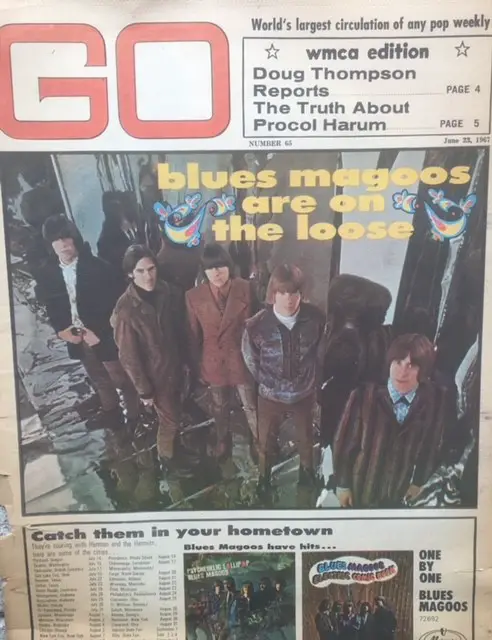

Andrew:
In the 1970s, you formed the sadly underexposed band, Barnaby Bye. Walk me through the inception of that band, and the subsequent signing to Atlantic/Dreamscape Records.
Peppy:
Barnaby Bye was signed by Ahmet Ertegun to Atlantic Records after our first live show, which was rather magical. I was doing a lead principal role at The Biltmore Theater in the iconic Broadway show Hair. I had met Billy and Bobby Alessi, who were also in the cast at the time. We hit it off and started hanging out, and making music together.
Andrew:
Room to Grow, and Touch were two excellent efforts from Barnaby Bye, but they didn’t gain the level of exposure the band hoped. What’s your take?
Peppy:
When you are signed by the biggest guy in the record business, and he is co-producing with you, and you work at that label – you better not screw up. So even though we were Ahmet’s pet project, the reality was that he was off all over the world with the likes of Led Zeppelin, and his other platinum acts. People at the label were fearful of working with us because they’d lose their jobs if we didn’t happen. In hindsight, we would have been much better off waiting for Arif Mardin to produce us.
Andrew;
You appeared on Paul Stanley‘s 1978 solo record, right? How did you come to meet Paul, and what led to you appearing on the record.
Peppy:
Well, Paul and I became fast friends and are to this day. I met Paul through Carol Kaye KISS’ then publicist. Carol and I have been very close and like myself, Paul, we still are. By the time the KISS solo records were happening, I had Zen Boogie up in Beverly Hills at the Solari Theater. Paul and I would always go over to the theater for the end of the show, and we’d see if it got a standing ovation. [Laughs]. Thankfully, it did most nights. We were hanging out quite a lot around that time, and Paul loved my band Balance, so Bob Kulick was asked, I was asked, as well as Doug Katsaros, who was our Balance partner on keyboards. What was really surprising was when Paul asked me if he could sing on this song I wrote called “ Fallen’ In Love” on our Balance record. That was a great moment for sure.
Andrew:
Given your unique relationship with both Paul and Ace, let’s put something to bed once and for all – whose solo record was better? Paul’s or Ace’s?
Peppy:
I’m not touching that with a ten-foot pole. [Laughs]. Actually, it’s so subjective. They both have such an incredible amount of fans who love them for their unique talents. I am working with Ace all these years later on his next record. That is what I call “a full circle joy.”

Andrew:
There are a lot of rumors regarding your and Bob Kulick’s input and involvement regarding the KISS track “Naked City.” Set the record straight for us.
Peppy:
Bob had the lick, so we sat down I pulled out a bass guitar, and a keyboard, and we started to write the song. After we got the basic format down, we presented it to Gene [Simmons]. Then Gene went to work reworking it to suit himself for KISS. All in all, it’s a credible song for sure.
Andrew;
Is there a demo of the original “Naked City” in the vaults somewhere? How does it compare to what ended up being released, and will we ever hear it?
Peppy;
I think Gene put the demo in his vault with another song I wrote with him called “Queen of My Nights.” I am unsure if or when we will hear it. We have to ask Gene!
Andrew:
As you mentioned, Bob Kulick handled guitar on Paul’s record and was in Balance with you too. How did you two first meet?
Peppy:
Actually, I had met Bob way back in the Village in the 60s. We knew each other in passing, but The Magoos took me into the world, and it wasn’t until fifteen years later that Paul [Stanley] walks into my apt. and says, “Hey, I’d like you to meet my friend Bob.” I was like, “Holy shit. I know you!” [Laughs].
Andrew:
On the subject of Balance, take me through its inception. What was the courtship from Epic/Portrait Records like leading up to the signing?
Peppy:
When I re-met Bob through Paul, Bob realized that I was managed by Leber/Krebs, who were powerhouse managers. So, he suggested that we start a band and so we did. I brought in Doug Katsaros because we had been working together for years, and he’s also brilliant. Epic/Portrait was interested in me as a solo artist, so they were a natural place to start. Going into the first record, I had some material already written but Doug, Bob, and I all dug in and went to work with writing.
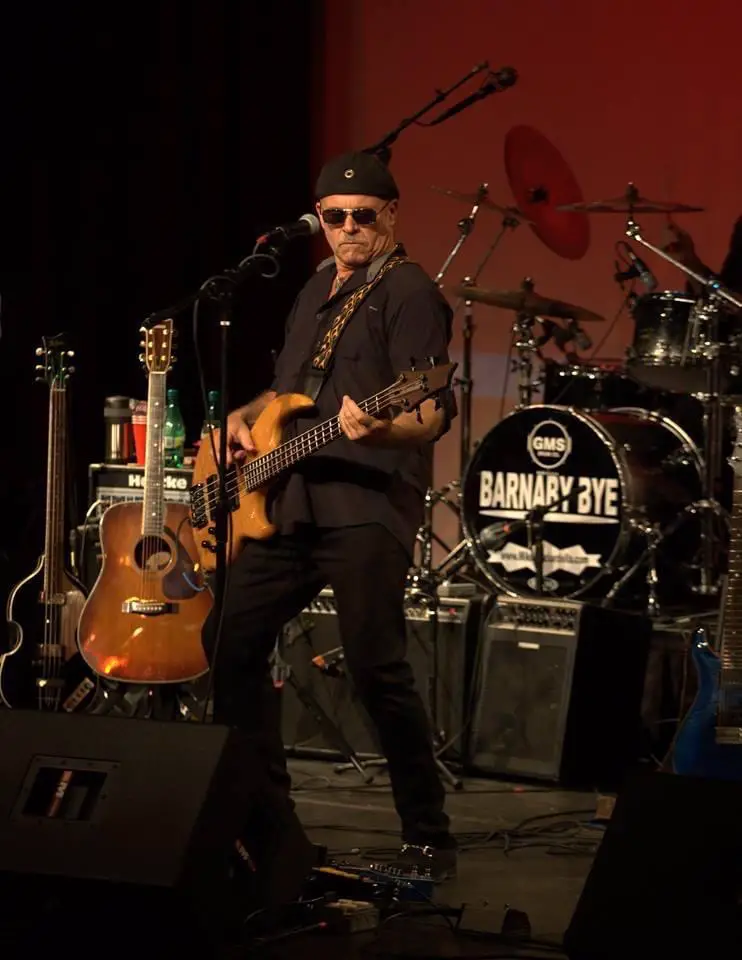
Andrew:
You touched on this earlier, but Paul Stanley returned the favor and appeared on Balance’s first record. Expand on that for me.
Peppy:
Like I had said, Paul was a big fan of the band and when he heard “Fallen in Love,” he asked could he sing on it. I was pleasantly surprised. I really wanted Paul to do something with us but was too embarrassed to ask him. Everyone wanted a piece of him, and I didn’t want to be like everyone else and take advantage of our friendship. So, when he asked, I was thrilled. He even had to do it uncredited.
Andrew:
“Breaking Away” was a noteworthy moment for Balance. Take me through your specific contributions to the track.
Peppy:
“Breaking Away” was a gift from God, like music in general I sat down one day at the keyboard, and it came out in twenty minutes. Right away, I knew it was special, but the other guys weren’t all that jazzed up about it. I told them, “It’s a hit and we should do it.” Still, they looked at all funny, like it wasn’t any good. However, the label heard it, and said, “That’s your single.” So I didn’t have to fight for it any longer, and it was a hit.
Andrew:
In for the Count was another solid effort for Balance, but it seems Portrait was unable to push the band. Looking back, despite its pedigree and songsmith, what stopped Balance from breaking open as it perhaps should have?
Peppy:
Black Friday, as it was called. This was the day that our label fired half of its staff, in particular, the promo people. Plus, they thought the second record was too heavy for where they wanted us to be. Still, In for the Count became a cult record in parts of Europe, but because the record company was down and out, Balance had no touring lined up in the US or Europe – absolutely nothing. It was hard to stay afloat like that.
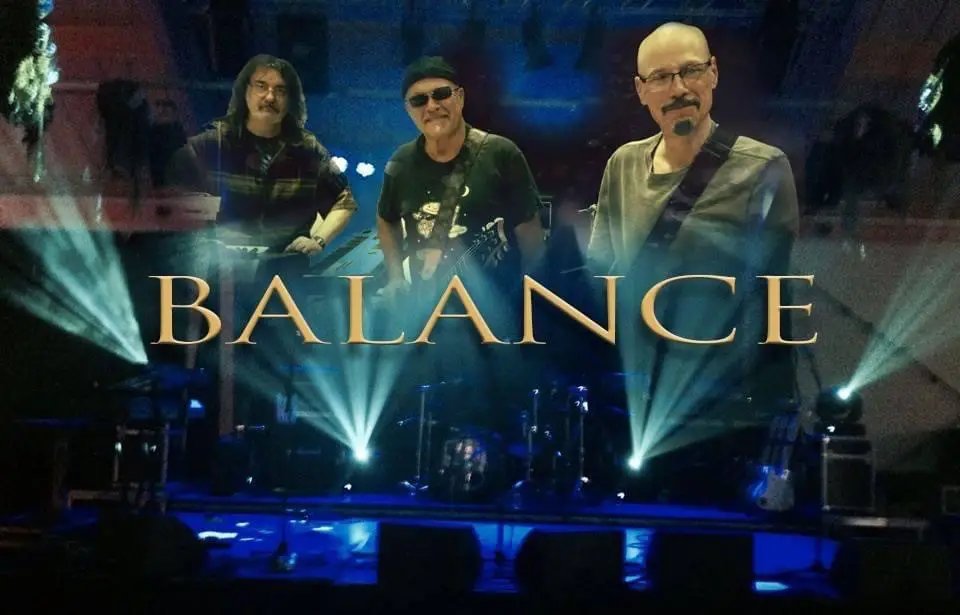

Andrew:
Around the time Balance was coming to an end, KISS was in need of a guitarist after the departure of Ace. It’s widely known that KISS used many session players around this time, but there is a lot of grey area as well. Did you appear on any KISS tracks that we aren’t aware of? Also, did KISS ever officially consider you or Bob as Ace’s replacement?
Peppy:
I think Bob was always a consideration because of his playing, but he didn’t have the image they wanted, and his brother Bruce had it all, so he eventually got the gig. No, I was never a consideration.
Andrew:
Moving forward, Balance reconvened by signing to Frontiers Records and subsequently recorded Equilibrium. How did that come to be? If not for the loss of Bob Kulick, would Balance still be together recording and touring today?
Peppy:
Bob was approached by Frontiers and basically presented the idea to Doug and me. I told Bob, “I’m not concerned about the money. I am more concerned about the music. I want creative guarantees. If it’s creative, and you’re ok with that, we can try things.” He said, “Ok,” and away we went. Basically, Bob controlled the project, and we never even all sat down together to create. It was all done by sharing files. I was not happy with that record, and I asked that my name be taken off of the production credits because to me it fell short of the first two albums, and Bob didn’t keep his word. Years later, we kissed and made up, which prompted me to do this for some closure. Sadly, Bob, who was eager to do this, passed away, so I asked Bruce [Kulick] to step in and take his place.
Andrew:
I wanted to hit on the reformation of the Blues Magoos, and the 2014 album, Psychedelic Resurrection. How did that go down?
Peppy:
That was a reunion record. The Magoos were a great part of my life and still have many fans. So now, in my old age, I am doing things to tie them in a bow, and have some closure for the things I love. Kind of going out on a high, if you will. You can check out the footage from the Woodstock Film Festival site. So I am signing off on things feeling good if it’s the last of it.
Andrew:
Last one, Peppy. What’s next for you in all lanes?
Peppy:
Well, the lead-off biggie is Warhol. This is going to be a blockbuster show. I have six songs in the show as of now. The director is Sir Trevor Nunn. It’s all ready to go pending COVID, etc. I also have two other musicals done. These are shows that I call in my own words “Poperas.” Plus, an enormous song catalog from writing all these years. And of course, I am working on Ace’s next record. That’s just a great story. Lastly, Balance is being offered a box set, so we’ll see.
– Andrew Daly (@vwmusicrocks) is the Editor-in-Chief for www.vwmusicrocks.com and may be reached at andrew@vinylwriter.com
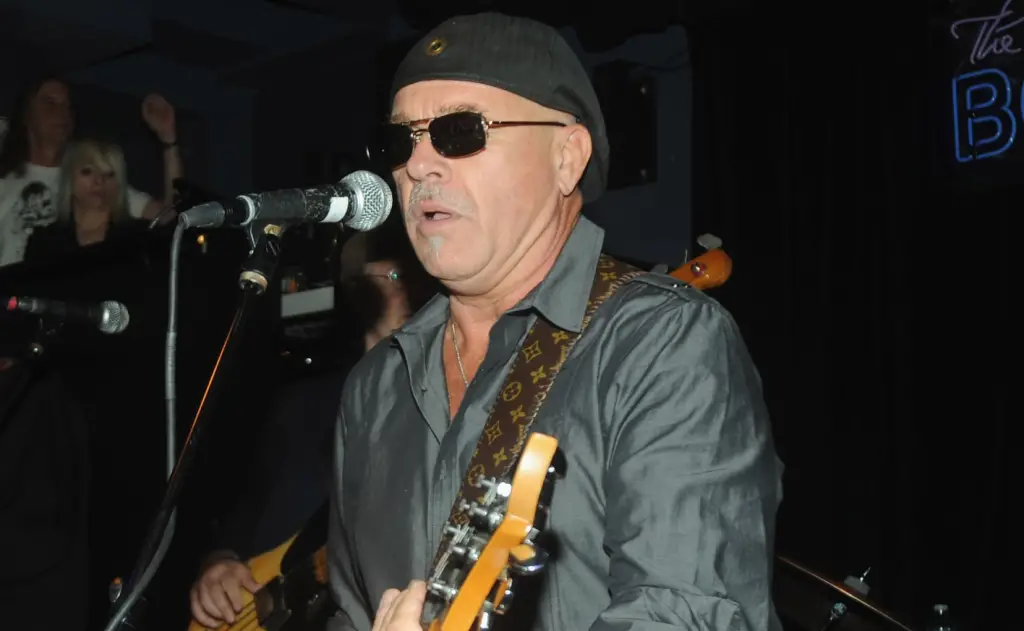




Leave a Reply